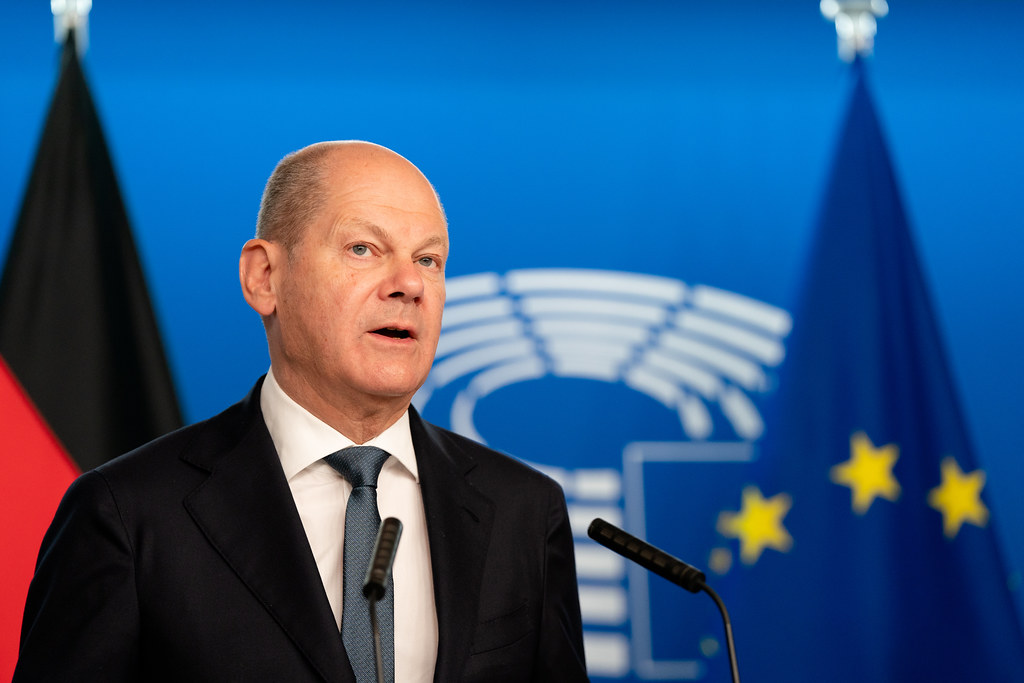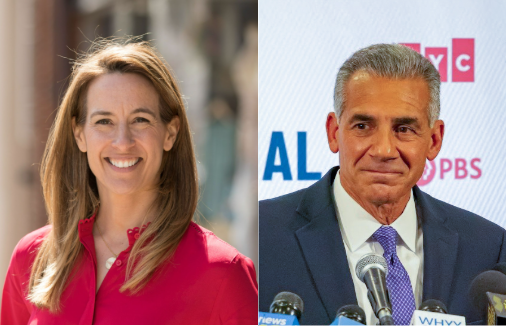On Wednesday, November 6, Chancellor Olaf Sholz of Germany fired his Minister of Finance, Christian Linder, dissolving Germany’s governing coalition. This represents a significant turning point for a country long admired for its political stability.
The coalition collapsed in Germany after the leaders of the three parties largely ceased communication in recent weeks due to growing disagreements over the negotiations for a new federal budget. On Wednesday evening, the tension between Scholz and Lindner was evident. According to The New York Times, Lindner heavily criticized Scholz, stating, “Olaf Scholz has sadly shown that he does not have the strength to give our country a new start.” Moreover, he called Scholz’s suggestions to promote economic growth “dull and unambitious.” In response, Scholz accused Lindner of being irresponsible by refusing to compromise terms.
In the 75 years since the establishment of the modern German state, such a fracture has occurred only twice before. The coalition, formed under Chancellor Scholz, was a three-party alliance composed of his party, the Social Democrats, the pro-business Free Democrats led by Christian Lindner, and the Green Party, Germany’s environmental party. Scholz’s unprecedented decision to fire his finance minister signals a breakdown in cooperation that destabilized his left-center government. The timing of this political upheaval is particularly critical, as it comes amid rising economic and security challenges across Europe, exacerbated by global shifts, such as the election of Donald Trump in the United States.
The Federal Republic of Germany is organized as a federal and parliamentary democracy, where the Basic Law (Grundgesetz; the constitution) establishes that all state authority derives from the people, who advise this power to the federal and state parliaments for one legislative period. State authority is divided among the legislative, executive, and judicial branches, with the separation of powers being a key component of the German constitution. Parliament belongs to the legislative branch and the government to the executive branch. Additionally, the judicial branch holds a crucial role, as judges at both state and federal levels are independent and make decisions solely based on law. The highest court, the Federal Constitutional Court, supervises compliance with the Basic Law, and the decisions of their16 constitutional judges bind all other state authorities.
Regarding protocol, the Federal President is the highest-ranking representative of Germany, with Dr. Frank-Walter Steinmeier holding the position since March 2017. The President of the Bundestag, the second in rank, is Bärbel Bas, who has held the role since October 2021. The President of the Bundesrat acts as the deputy to the Federal President, with the position rotating annually among the prime ministers of the 16 states, with Anke Rehlinger serving since November 2024. The Federal Chancellor, who holds the most political decision-making power, sets the policy guidelines for the country. This office is currently held by Olaf Scholz since December 2021. Another important role is the President of the Federal Constitutional Court, currently held by Prof. Dr. Stephan Harbarth since November 2018.
According to Wikipedia, the Bundestag is Germany’s federal parliament and serves as the lower house alongside the Bundesrat, which is considered the upper house. It is the only federal legislative body elected directly by the German public. Established in 1949 under Title III of the Basic Law for the Federal Republic of Germany, it functions as one of Germany’s legislative institutions and is the historical successor to the former Reichstag.
3 years ago, Chancellor Scholz cautioned about the increasing divisions within the nation. He emphasized that despite differing political views, it was important to remember that every German is part of one country.
“Even if we have different political ideas, one thing is clear: we live in one country,” Sholz said, according to World Politics Review. “We are better off if we stick together; if we can still look each other in the eye even after a dispute.”
Scholz pledged to continue his duties in office until the end of the year and then seek a confidence vote in Parliament in January, a challenge he might not overcome. This could lead to early elections that may potentially occur in March, which have been uncommon in Germany since World War II.
The unprecedented turmoil in Berlin has left the European Union increasingly adrift at a challenging moment. France is grappling with a government crisis following a deadlocked Parliament from this year’s elections, while Russia has made significant military gains in Ukraine and remains an open threat to Europe and the United States. On top of this, Europe now risks a trade war with the United States and a weakening of the NATO alliance — both of which have been threatened by the election of Trump — as Germany, Europe’s second most populous nation, is plunged into political instability.














